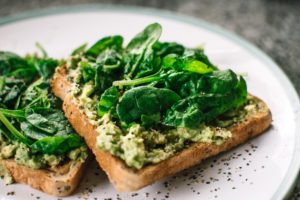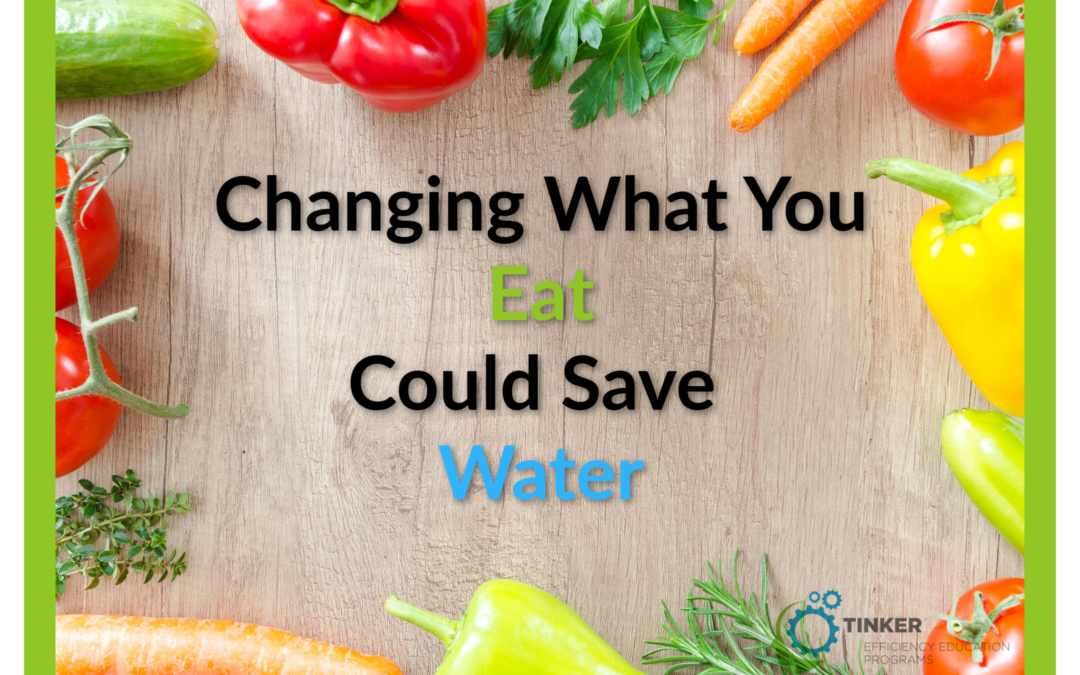We all know that a diet rich in whole grains, lean meats, fruits, and vegetables is one of the best things we can do to ensure better overall health.
After all, you are what you eat, right? But, a well-balanced diet may actually do more than just keep you healthy.
By making a few changes to your daily diet, you can actually have an impact on your ‘water footprint.’ Believe it or not, some foods take a lot more water to produce and prepare. When you reduce your consumption of these foods, you’re doing your part to reduce water waste.
Changing your diet to save water isn’t difficult if you’re already following a healthy, nutritious diet plan for your daily life. It’s just a matter of knowing which food items take more water to prepare.
So, let’s dive into a few of the changes you can make for better health, and water conservation.
Limiting Meat and Eating Healthier

Are you a meat eater? Unfortunately, meat uses more water than just about any other food item. Think about what goes into raising a cow from birth to slaughter. Factory farms use thousands of gallons of water each day when it comes to taking care of their animals. Smaller farms or grass-fed animals usually end up using less water, but the majority of meat produced and purchased in the U.S. comes from larger facilities.
Limiting the amount of meat you eat can have a huge impact on saving water. You don’t have to cut it out completely. But, reducing your meat intake significantly can help you to lower your food water footprint by up to 35%. If you do choose to cut it out completely, your food water footprint will obviously continue to go down.
How Processed Products Affect Water Intake

It’s important to understand that food guidelines are different all over the world. Some studies have suggested that if each person followed the health and nutrition guidelines of their country, everyone would be able to reduce their food water footprint. But, there are certain details that are important to keep in mind.
Everything from wine and beer to sugars, processed foods, and oils take water in order to be produced. Some take less than others. For example, wine takes less water than beer to produce. Are you willing to make the switch for a nightly beverage? How about cutting out dairy products?
Some of these changes can be difficult for people, but when you’re willing to make just one or two small adjustments, you can actually make a big difference in how much water you’re saving.

The best advice is to follow a healthy diet plan, rich in fruits, vegetables, and whole grains. Try to limit your meat intake as much as possible. If you do make these dietary changes, you’ll be able to feel good in more ways than one: First, you’ll know you’re doing your part to help the environment. Second, you’ll undoubtedly start to notice the health benefits that go along with nutrient-rich diets!

